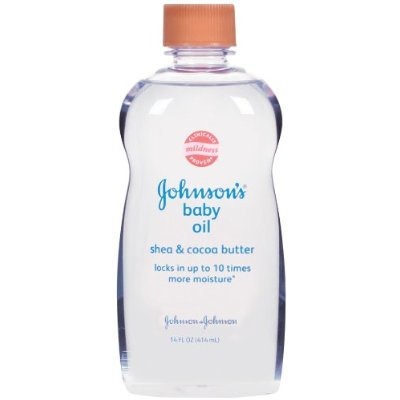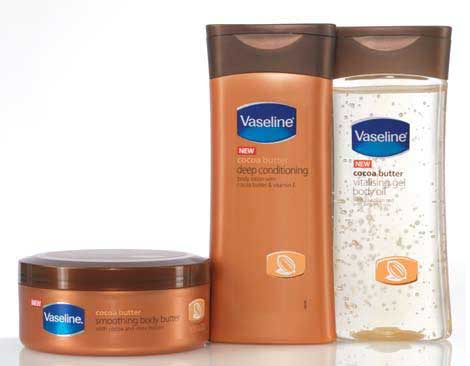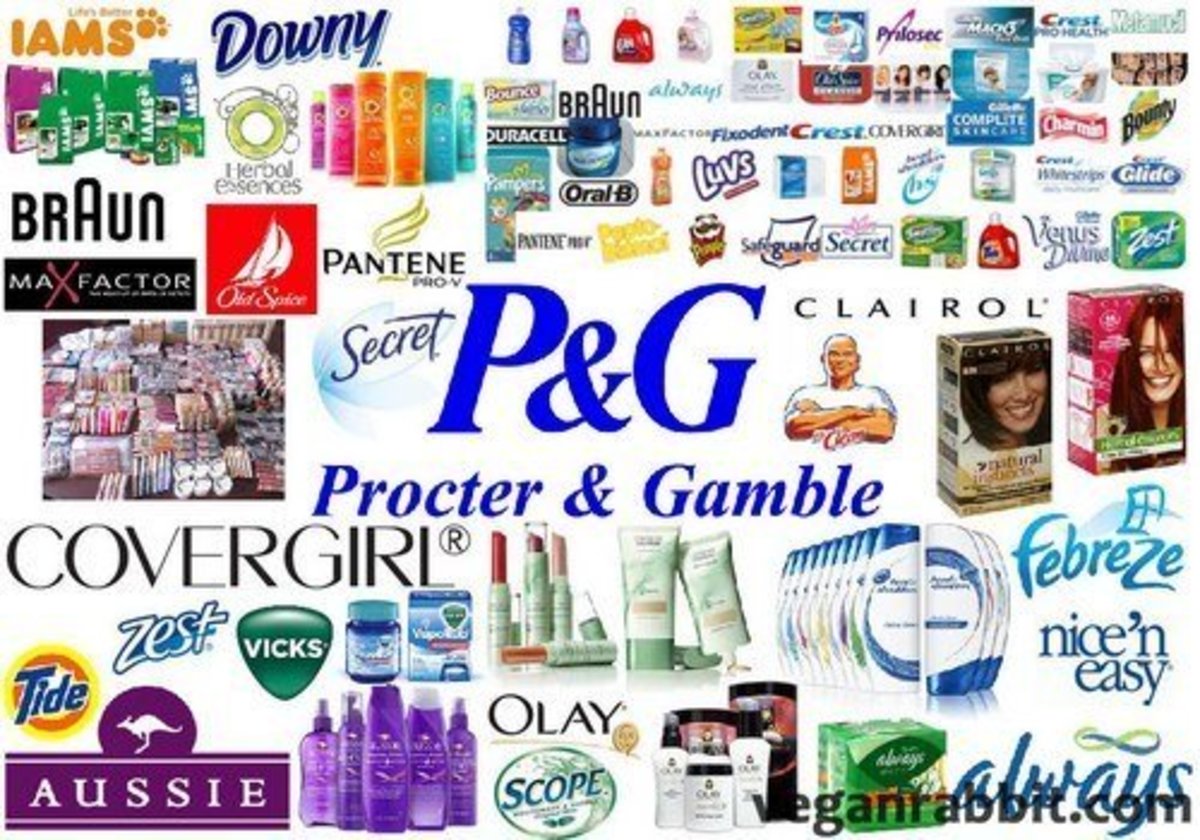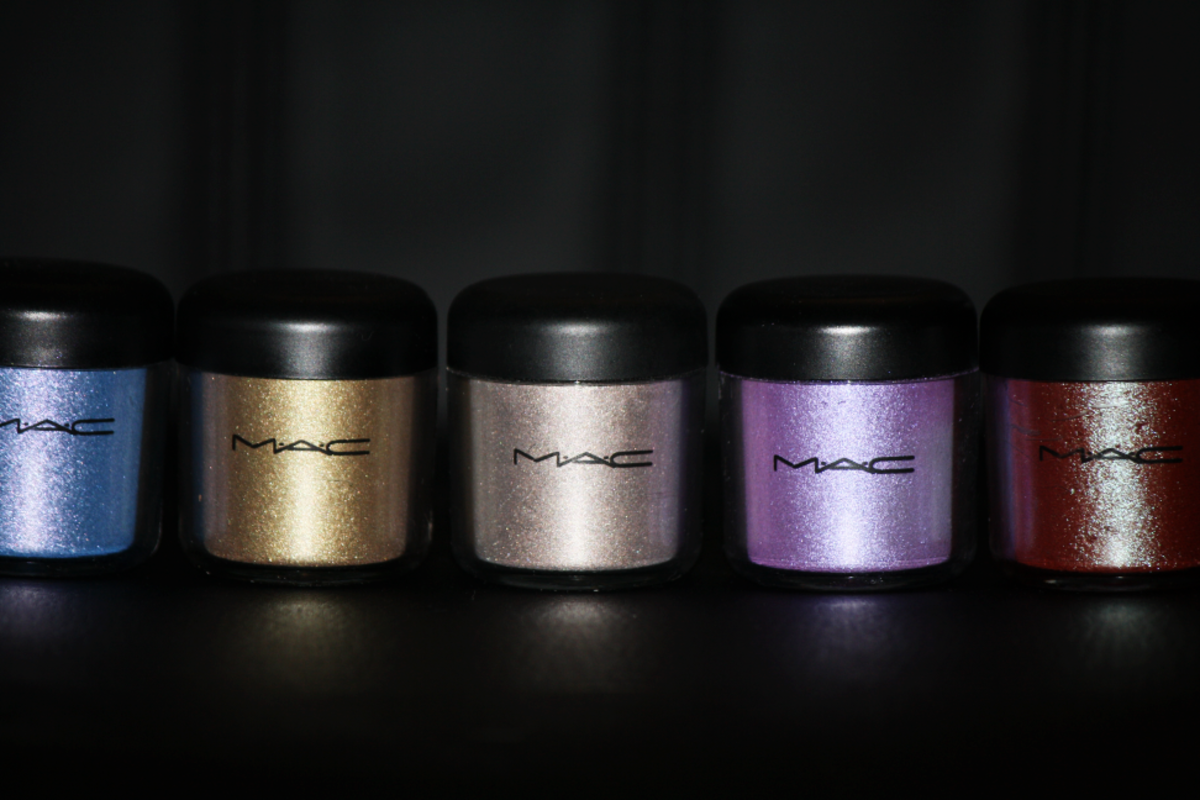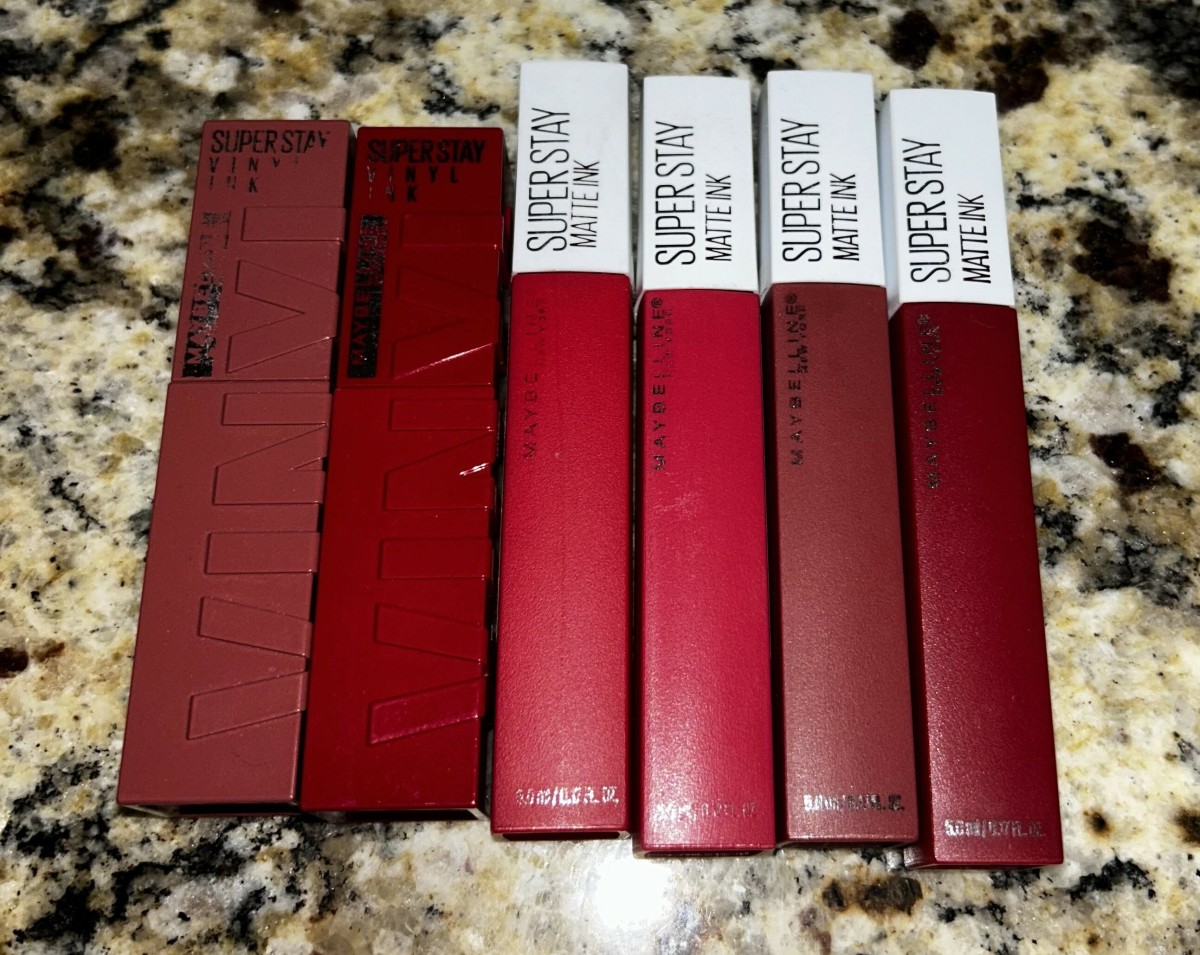Mineral Oil: The Good, The Bad, And The Fact
For many years, baby oil has been a favorite skin care product by women. Baby oil is pure mineral oil with fragrance added. It is an easy and effective makeup remover, and many women use it to remove makeup because it is a much gentler and effective way than using soap and water alone.
However, with the expanding cosmetics industry, advertisements of natural and organic cosmetic products that don’t use it discourage consumers from using mineral oil.
Other Names for Mineral Oil
· Liquid petroleum
· Liquidum paraffinum
· Petrolatum
· Paraffin oil


The Good…
Mineral oil is a clear and odorless oil-based substance that has been purified and distilled for it to be safe on skin. Mineral oil is widely used by the cosmetics industry as one of its additive in their product. Cosmetic products that use it are usually products that provide hydration to the skin like moisturizers and lotions.
Many cosmetic products use mineral oil because it doesn’t cause allergies and it cannot become a solid even in cold temperatures. It’s supposed to be good if it cannot become a solid because it means that it wouldn’t be trapped in your skin. Aside from that, it has been found that mineral oil can help in wound healing to some extent and is effective in moisturizing and hydrating the skin.
The Bad…
Due to the increasing competition in the cosmetics industry, consumers are led to believe that mineral oil creates skin problems and that they are carcinogens (substances that cause cancer) to discourage consumers to use products with mineral oil in it. And to make things worse, mineral oil is called by other names also and some cosmetics companies list it in its different name. Some consumers suspect that companies call it by other names as an attempt to mask its harmful ingredients. We don’t really know the reason for companies to use other names for it. It could be that there are slight differences in its chemical composition.
One of the downsides of mineral oil is that it can cause acne in acne-prone skin. So if you have an acne-prone skin which means that you have an excessively oily skin, do avoid the use of certain products that have a high percentage of mineral oil in it as it can further aggravate your skin.
… And The Fact
Mineral oil is a product that is derived from petroleum. Petroleum is a crude oil taken from underneath the earth. Its end-products consist of many products like gasoline, LPGs, lubricating oils for engines, raw materials used for plastics, tin cans, some textiles, and many other products.
However, while mineral oil may have come from petroleum, its process of purification and distillation is much more refined than that in the above mentioned raw products. The end-product of cosmetics-grade mineral oil is nothing like the crude oil it came from or the slightly processed fuel oils. And while it is true that mineral oil may be a comedogenic product (capable of blocking pores and causing acne). Many natural substances like coconut oil and cocoa butter are as highly comedogenic, if not more so.
Proper Care and Maintenance of Skin
When looking for products, it is more sensible to choose products that work well on your skin and not based on whether it has mineral oil or not. Most cosmetics products will one way or another contain mineral oil. If you try to stay away from each one of them, you probably will never have to use any cosmetic product again. Even some cosmetic products that put in natural ingredients still use mineral oil as an additive.
People with acne-prone skin should look for products that are labeled as non-comedogenic. Some of them might still contain mineral oil but if they are well formulated by cosmetics companies, it is still more than likely that their claims can be trusted. Besides, if mineral oil is formulated with other non-comedogenic ingredients, the products will still be non-comedogenic because mineral oil on its own does not clog pores. Mineral oil only causes acne when it is formulated with other comedogenic substances. Awareness of your skin condition should be maintained if you are going to properly care for your skin. And again, don’t look for products that claim to be free of mineral oil but look for products that work best on your skin.

